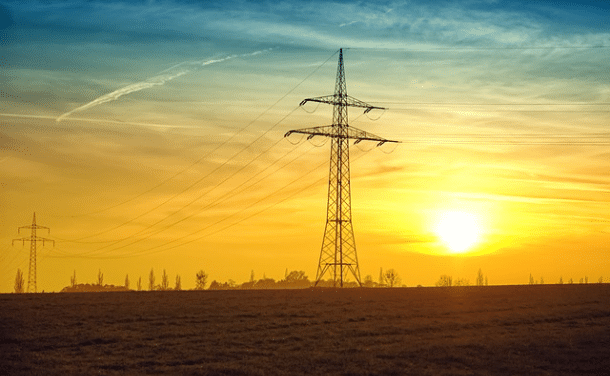Australian energy policy has an uncertain future under the National Energy Guarantee (NEG), according to a leading clean energy body.
And there’s no guarantee of ongoing confidence in renewables investment, the Clean Energy Council (CEC) says.
NEG modelling shows “disappointingly low levels” of new investment in renewables like commercial solar power, the CEC claims.
Areas like emissions reduction schemes, the contracts market, retail competition and liquidity also offer sketchy detail.
CEC Chief Executive Kane Thornton said if the policy is going to fly, renewables will need strong support from major political parties across the country.
“But first we need to ensure we have a policy that will deliver the new clean energy investment and lower power prices that all Australians want,” he said.
Australian energy policy needs firming up
Months of consultation will be needed to build a strong foundation for the scheme, according to Mr Thornton.

Some of the “big design questions” include:
- Impact of international carbon abatement certificates.
- Implications for the contract market.
- Interaction with the broader energy market.
- How these markets will impact retail competition and liquidity.
- How the scheme can improve energy efficiency.
With these unanswered questions, investor confidence in new clean energy projects will suffer, Mr Thornton said.
Industry bodies prefer Clean Energy Target (CET)
The CEC therefore makes it clear the Finkel-recommended CET is the preferred policy approach.
Earlier this month, the Federal Government abandoned a CET in favour of the NEG. The new policy aims to boost grid reliability and reduce power prices for consumers.
Australia’s Climate Council also criticises the NEG for its vagueness and as “a classic example of policy on the run”.
As a result, says council CEO Amanda McKenzie, it “places Australia at risk of worsening pollution levels, exacerbating more intense heatwaves and bushfire conditions”.
A recent council report also highlighted the risk of increasingly dangerous bushfire seasons in NSW.
Ms McKenzie adds: “The key tests of a robust energy and climate policy is – does it get down pollution and facilitate the transition to renewable energy? This policy does neither.”












































